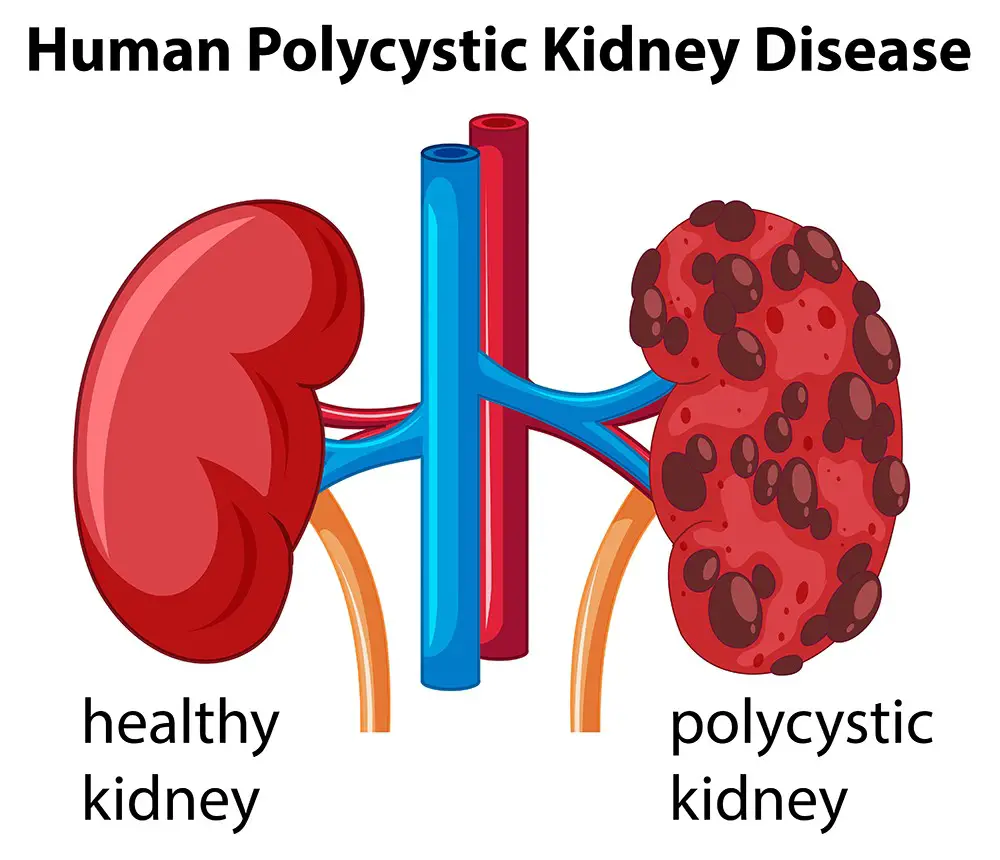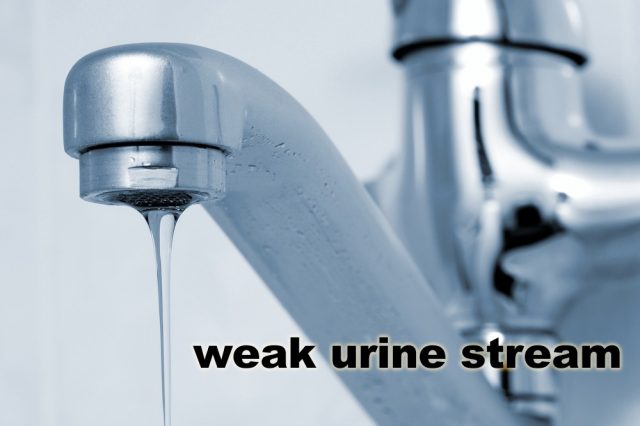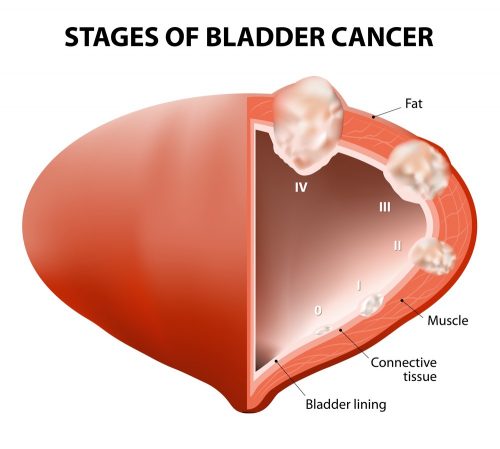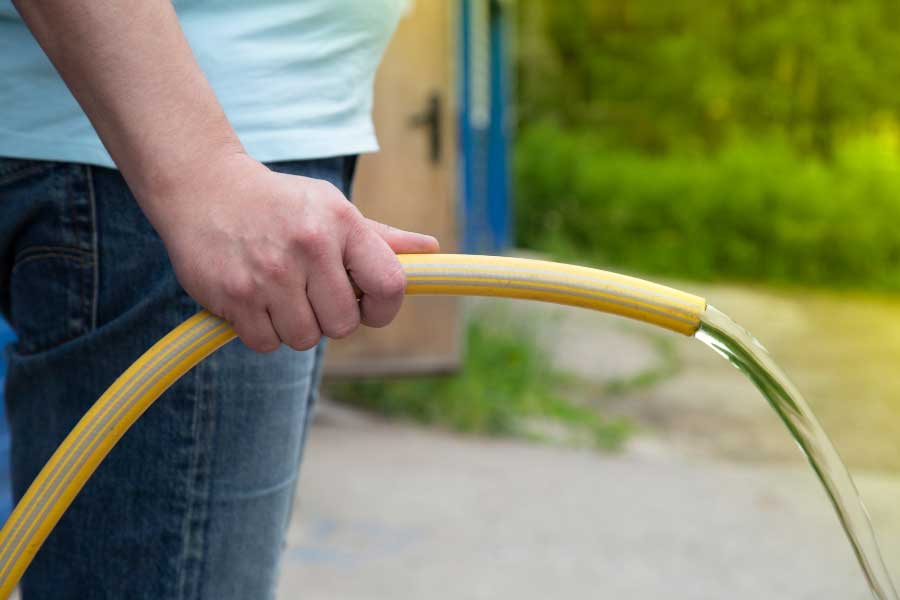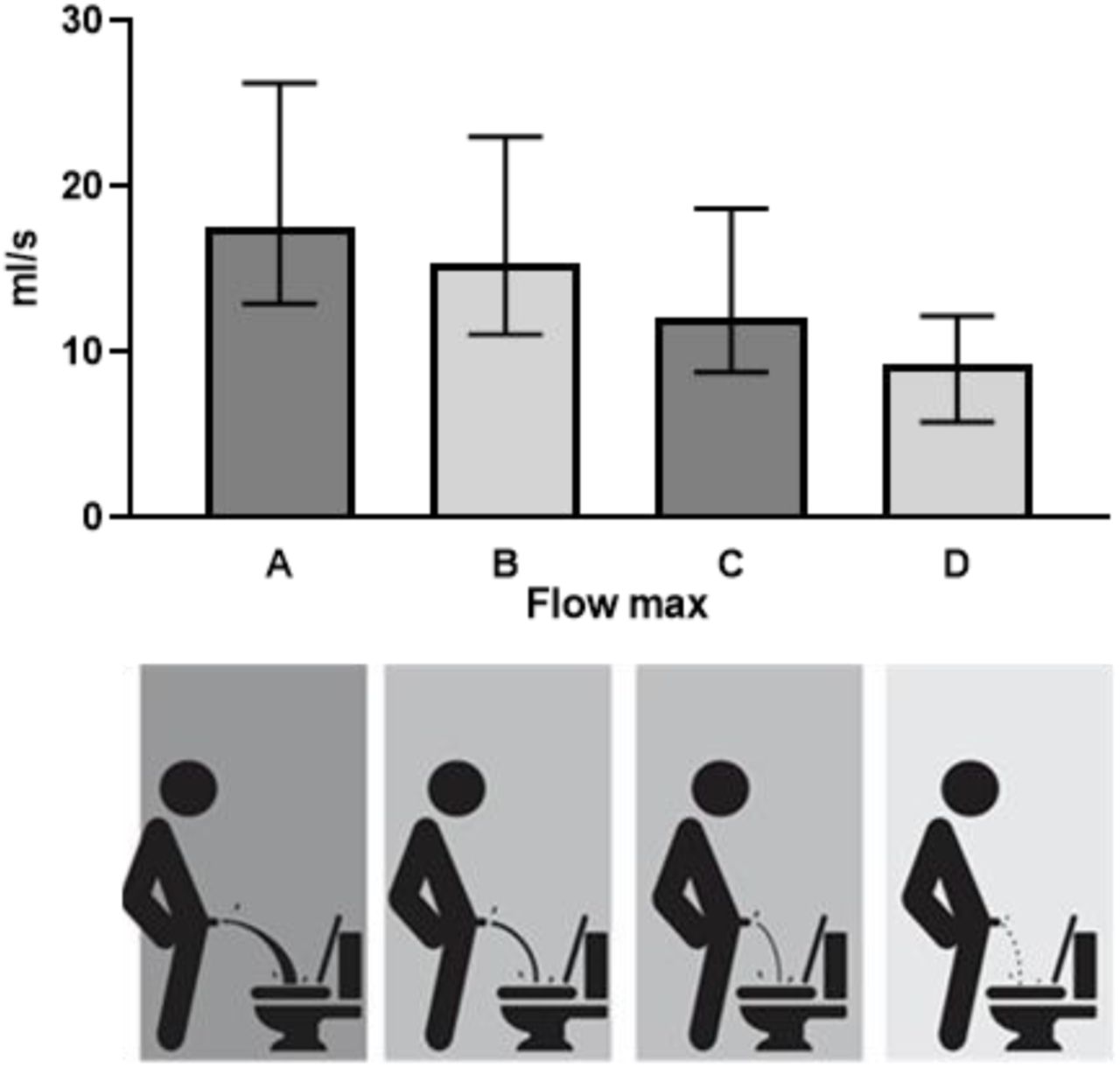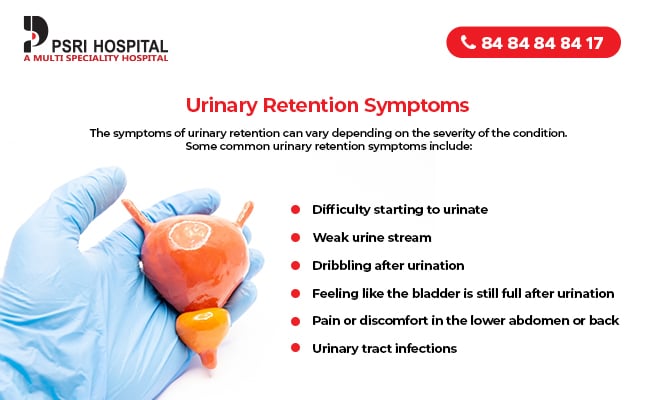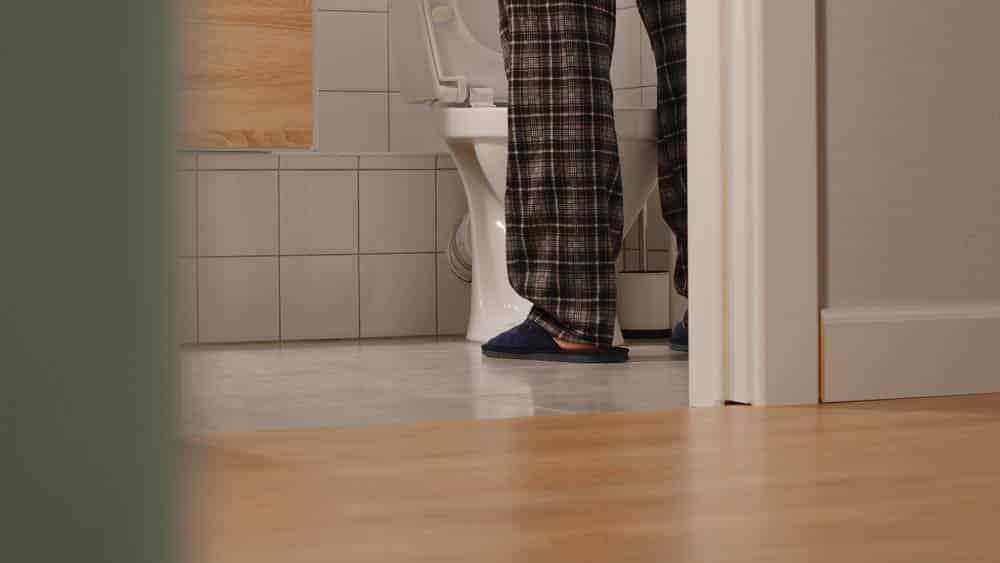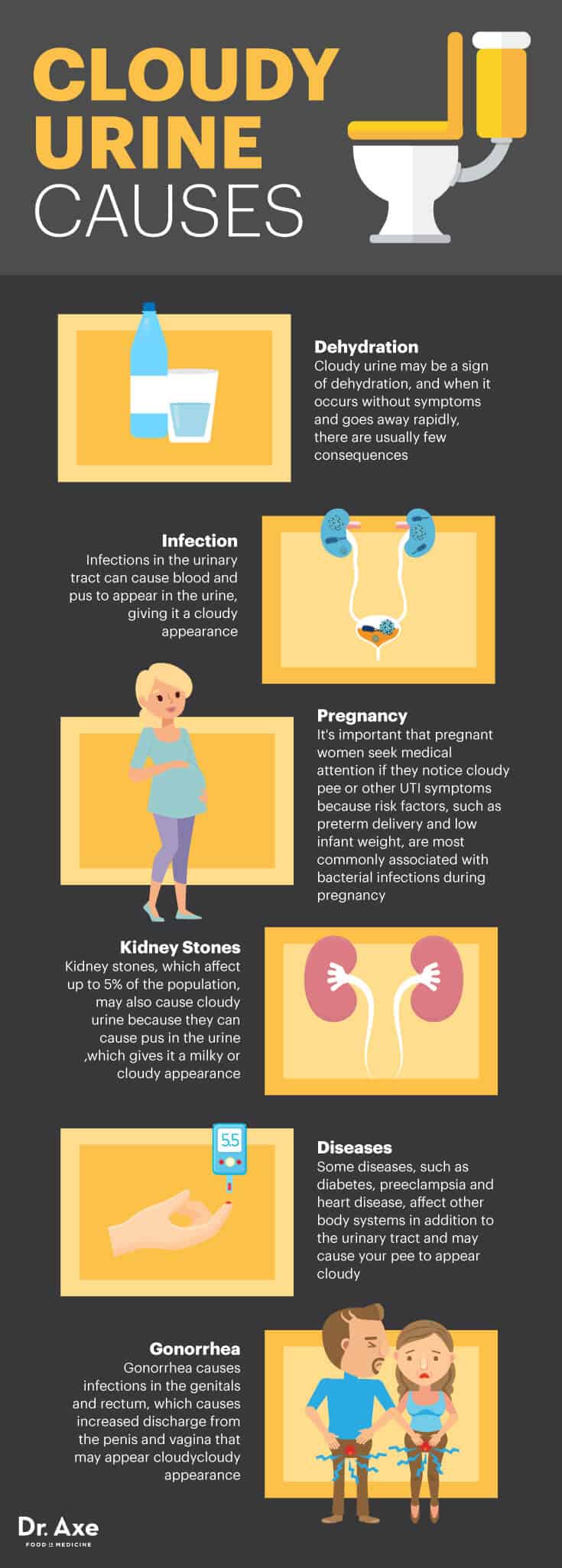Why Is My Urine Stream Weak

The bathroom door creaks open, the fluorescent light hums, and a familiar ritual begins. But today, something feels different. Instead of the usual confident flow, there's a hesitant trickle, a weak stream that leaves you wondering, "What's going on down there?" This isn't just about inconvenience; it's a subtle signal that something might need attention.
A weak urine stream, while often brushed aside, can be a sign of underlying health concerns. It's essential to understand the potential causes, ranging from simple dehydration to more complex medical conditions, and to know when seeking professional medical advice becomes necessary.
Understanding the Urinary System
To understand why your urine stream might be weak, it's helpful to understand the basics of the urinary system. This system is responsible for filtering waste from the blood and expelling it as urine.
The kidneys produce urine, which then travels down the ureters to the bladder. The bladder stores urine until it's ready to be released through the urethra, a tube that carries urine out of the body. The muscles in the bladder and urethra work together to control the flow of urine.
Common Causes of Weak Urine Stream
Several factors can contribute to a weak urine stream, affecting both men and women, though some are more prevalent in one gender.
Prostate Issues (Primarily in Men)
The prostate gland, located just below the bladder, surrounds the urethra. As men age, the prostate often enlarges, a condition called benign prostatic hyperplasia (BPH). This enlargement can squeeze the urethra, restricting urine flow and causing a weak stream, frequent urination, and difficulty emptying the bladder.
According to the National Institute of Diabetes and Digestive and Kidney Diseases (NIDDK), BPH affects about half of men between 51 and 60 years old, and up to 90% of men over 80. Prostate cancer can also affect urine flow, but less commonly manifests as solely a weak stream early on. Prostatitis, inflammation of the prostate, can also cause urinary symptoms.
Urinary Tract Infections (UTIs)
Urinary tract infections are infections that can occur anywhere in the urinary system, but most often affect the bladder and urethra. Infections cause inflammation and irritation, which can disrupt the normal flow of urine, leading to a weak stream, pain or burning during urination, and frequent urges to go.
UTIs are more common in women due to their shorter urethra. However, men can also get UTIs, especially if they have an enlarged prostate or other underlying health conditions.
Urethral Stricture
A urethral stricture is a narrowing of the urethra, often caused by scarring from injury, infection, or inflammation. This narrowing restricts the flow of urine, resulting in a weak or spraying stream.
While urethral strictures can occur in both sexes, they are far more common in men. Treatment options include dilation (stretching the urethra) or surgery to widen the passage.
Bladder Dysfunction
Problems with the bladder itself can also cause a weak urine stream. An overactive bladder, for instance, may cause frequent and urgent urination but not necessarily a weak stream. Conversely, a bladder that doesn't contract properly can lead to incomplete emptying and a weak flow.
Nerve damage, often caused by diabetes, stroke, or spinal cord injury, can interfere with the signals between the brain and bladder, leading to bladder dysfunction. Medications, such as certain antidepressants, can also affect bladder function.
Medications
Certain medications can have side effects that affect urination. Antihistamines and decongestants, for example, can tighten the muscles in the bladder neck, making it difficult to urinate completely. Diuretics, while increasing urine production, can sometimes weaken the bladder muscles over time.
Other Potential Causes
Dehydration can concentrate urine and reduce flow, although this usually presents more as darker urine than a specifically weak stream. Constipation can also put pressure on the bladder and urethra, potentially affecting urine flow. In rare cases, tumors in the pelvic region can compress the urinary tract.
When to Seek Medical Attention
While a single instance of a weak urine stream might be nothing to worry about, persistent or worsening symptoms warrant a visit to the doctor.
Pay attention to associated symptoms such as: frequent urination, especially at night; urgent urination; pain or burning during urination; difficulty starting or stopping urination; blood in the urine; lower back pain or fever.
These symptoms could indicate a more serious underlying condition that requires prompt diagnosis and treatment. A healthcare professional can perform a physical exam, review your medical history, and order tests, such as a urine analysis, prostate exam (for men), or imaging studies, to determine the cause of your weak urine stream.
Treatment Options
Treatment for a weak urine stream depends on the underlying cause. For BPH, medications such as alpha-blockers and 5-alpha reductase inhibitors can help relax the prostate muscles and shrink the gland, respectively. Surgery, such as transurethral resection of the prostate (TURP), is an option for more severe cases.
UTIs are typically treated with antibiotics. Urethral strictures may require dilation or surgery. Bladder dysfunction may be managed with medications, bladder training techniques, or intermittent catheterization.
Lifestyle Changes and Prevention
In some cases, lifestyle changes can help improve urinary health and prevent problems. Staying well-hydrated can help keep urine flowing smoothly. Avoiding bladder irritants like caffeine and alcohol can reduce urinary frequency and urgency.
For men with BPH, limiting fluid intake before bedtime can reduce nighttime urination. Practicing pelvic floor exercises (Kegels) can strengthen the muscles that support the bladder and urethra.
The Importance of Early Detection
Ignoring a persistent weak urine stream can lead to complications. Untreated UTIs can spread to the kidneys, causing serious infections. BPH can lead to bladder damage or kidney problems. Urethral strictures can cause urinary retention and infection.
Early detection and treatment can help prevent these complications and improve your overall quality of life.
A Final Thought
A weak urine stream, while often a source of embarrassment or mild annoyance, is a signal that your body is trying to communicate something. Listening to that signal, seeking timely medical attention, and making healthy lifestyle choices can help you maintain your urinary health and live a more comfortable and confident life. Remember, taking care of your health is an act of self-respect, and seeking help is a sign of strength, not weakness.

